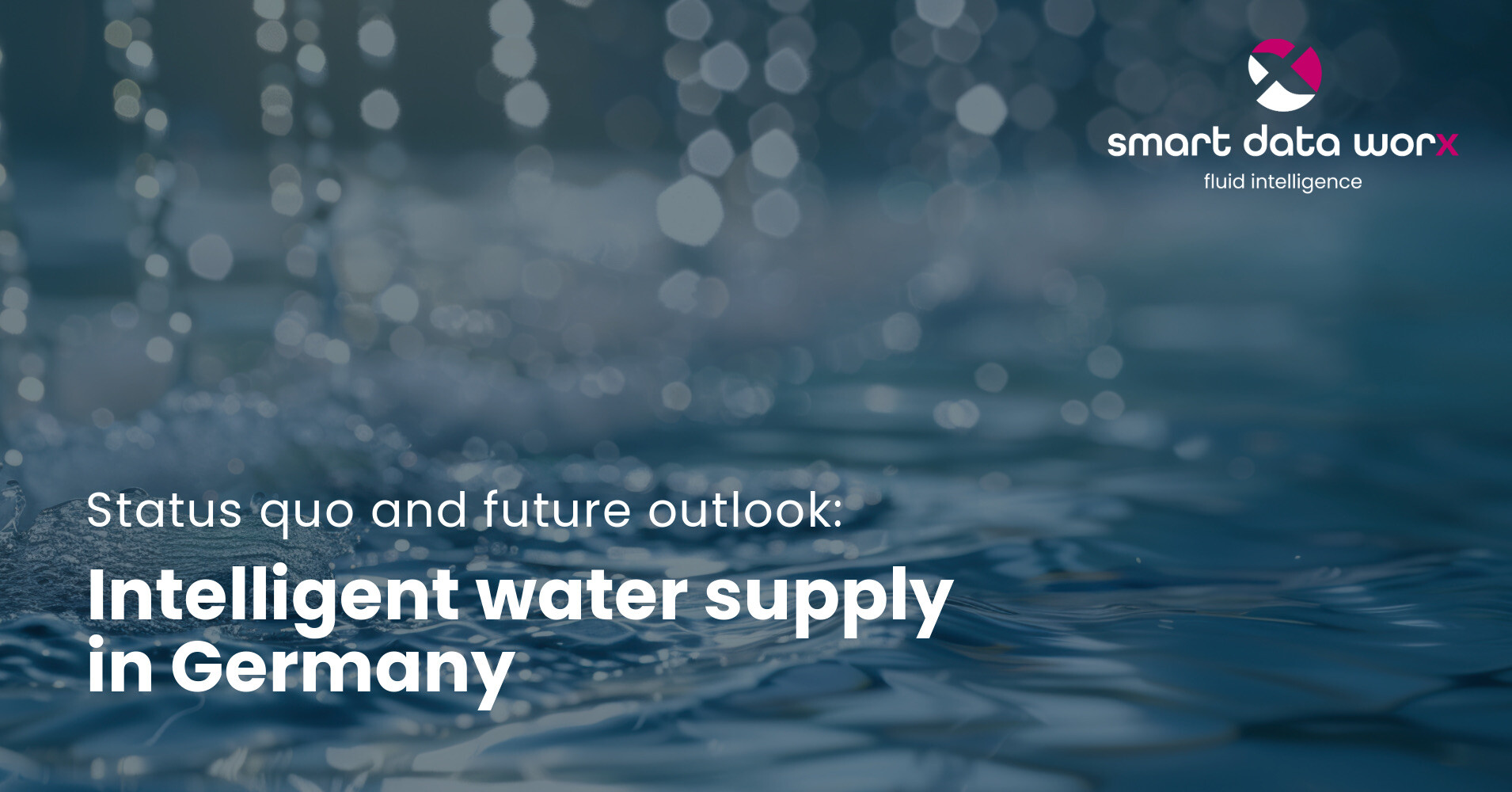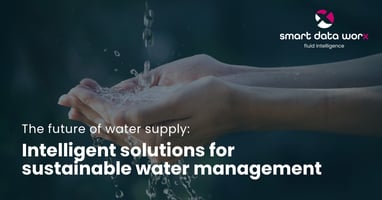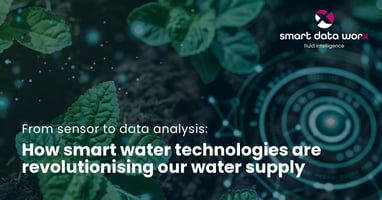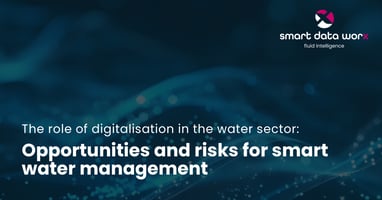Water is the elixir of life on earth, indispensable for humans, animals and plants. Global warming,...
Intelligent water supply: status quo and future outlook

Water is the vital element of our society and the basis for prosperity and health. In view of growing challenges such as climate change, urbanisation and demographic change, intelligent water supply is becoming increasingly important. The water supply in Germany is undergoing an exciting transformation: the use of intelligent systems and technologies is opening up new opportunities for more efficient, sustainable and safer management of this precious resource. The current state of smart water supply shows promising progress, but there is still a lot to implement and promote. The regulatory framework needs to be further developed to not only enable innovation, but to actively promote it. This blog post takes a look at the status quo of smart water supply in Germany, analyses the existing challenges and highlights the potential arising from the latest technological developments. We are at the turning point towards a future in which water is managed and protected even more intelligently - for the benefit of all.
Status of intelligent water supply in Germany
The use of intelligent technologies in water supply has already begun in Germany and is showing promising progress. Modern water management systems utilise a large number of sensors that record data on water quality, flow rates and pressure conditions in real time. This data is analysed in central control centres and enables precise control and monitoring of the water supply system.
In the course of intelligent water management, comprehensive data analyses are carried out in order to optimise water consumption, detect leaks at an early stage and minimise water losses. Such a project integrates various technological approaches such as sensor technology, data analysis and AI-supported forecasts in order to achieve holistic optimisation of the water supply. It also shows that Germany is well on the way to making its water supply smarter and more efficient.
Regulatory framework conditions
Despite technological progress, there is still a need for action in the legal framework. In order to not only enable innovation, but also actively support it, the legal framework needs to be constantly adapted. At present, existing laws often lack the necessary flexibility to keep pace with rapid technological developments.
An important step in this direction is the amendment to the Drinking Water Ordinance, which, among other things, promotes the introduction of smart metering systems. These systems enable detailed recording of water consumption in households and can help to recognise and reduce inefficient water use. In addition, aspects of data security and data protection must be taken into account in order to ensure the public's trust in these new technologies.
Another regulatory aspect is the harmonisation of technical standards. Harmonised standards are necessary to ensure the compatibility of the various systems and to facilitate the exchange of data between the various players. This requires close co-operation between national and international regulatory authorities, industry associations and research institutions.
Funding also plays a crucial role. Public funding programmes and private investment must be coordinated in order to drive forward the development and implementation of smart water systems. Targeted funding and incentives can help to boost innovation and accelerate the spread of new technologies.
Innovation potential
There is huge potential for innovation in the field of intelligent water supply. The use of artificial intelligence (AI) and machine learning makes it possible to analyse large volumes of data and identify patterns that are not accessible to human analysts. These technologies can, for example, create predictive models for water consumption, making it possible to better adapt the water supply to actual demand and thus conserve resources.
One promising area is the development of predictive maintenance systems. These systems use data analyses and artificial intelligence to monitor the condition of water infrastructure such as pipes and pumps and predict when and where maintenance work will be required. This not only reduces the cost of unplanned repairs, but also helps to prevent water loss and achieve consistent water quality.
Utilising blockchain technology to ensure data integrity and enable transparent and traceable water supply chains could be particularly important in areas such as billing and proof of water quality. Blockchain enables the tamper-proof storage of data and the transparent documentation of transactions, which strengthens traceability and trust in water supply systems.
The development of IoT-based solutions (Internet of Things) also opens up new possibilities. Networked sensors can provide real-time information on the status of the water supply system and automatically take measures to optimise the supply and rectify faults if necessary. These technologies enable proactive and predictive management of water resources, improving both efficiency and sustainability.
Future outlook
Intelligent water supply in Germany is constantly evolving. But even if the current progress is already impressive, there is still plenty of room for further developments and innovations. The challenges of the future can only be overcome through close cooperation between science, industry and politics.
Comprehensive digitalisation of the water supply, supported by advanced analytics and AI, could significantly improve the efficiency and sustainability of resource use. At the same time, framework conditions must be created to promote these developments.
The road to a fully intelligent water supply can be long and challenging, but the potential is high. Innovative technologies not only help to utilise and protect water resources more efficiently, but also increase the resilience of water supply systems to the effects of climate change. Intelligent irrigation systems in agriculture, for example, can help to optimise water consumption and secure crop yields.
New business models based on the intelligent utilisation of water resources could also emerge in the future. Companies could develop services based on the analysis of water data to support municipalities and industry in optimising their water use.
In addition, educational programmes and public relations work must be integrated. The population must be informed about the advantages and possibilities of intelligent water supply and involved in the change process. This includes educational programmes, information campaigns and participatory platforms that enable citizens to actively participate in the design of water supply systems.
Smart water supply is thus becoming a technological and social project that has the potential to make our cities and communities more sustainable and liveable. The combination of advanced technology, innovative business models and a committed population can help to create a sustainable water supply that meets the requirements of the 21st century.
Germany has the opportunity to play a pioneering role in smart water supply and thus make an important contribution to global sustainable development. If we accept the challenges and utilise the opportunities, we can ensure that water remains a safe and reliable resource for all people in the future.


